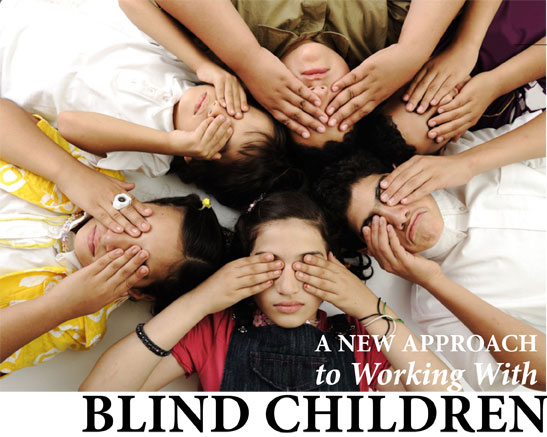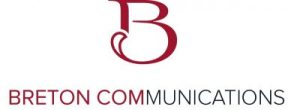By Evra Taylor
 With growing numbers of women giving birth later in life, there is an increasing awareness of the risk of birth defects. Yet few of us give much thought to children who are born blind. A synergistic partnership between the MUHC (McGill University Health Centre) and the MAB-Mackay Rehabilitation Centre aims to change that.
With growing numbers of women giving birth later in life, there is an increasing awareness of the risk of birth defects. Yet few of us give much thought to children who are born blind. A synergistic partnership between the MUHC (McGill University Health Centre) and the MAB-Mackay Rehabilitation Centre aims to change that.
The MAB (Montreal Association for the Blind) provides family-centered adaptation, rehabilitation and social integration services for children with motor or language impairments and to persons of all ages who are blind or visually impaired and/or deaf or hard of hearing.
In many cases, the MAB is the first resource families consult regarding vision defects and the challenges faced by the child and the parents. Its Early Intervention Program is a rehabilitation service that addresses the needs of children from birth to kindergarten. The service also provides parents with a better understanding of the essential role vision plays in child development. Early intervention is offered for children and adolescents with vision loss up to age 17 (or to age 21, if still attending high school). The program uses a comprehensive, multi-disciplinary approach that involves professionals from the optometry, occupational therapy and vision rehabilitation sectors, among others.
The thinking behind early intervention is that people with limited ability to interact with their environment – through sight, for example – are prevented from growing and developing at a normal rate. The MAB offers an assessment of functional vision, visual skills training and an ocular health appraisal using a specialized optometric evaluation and equipment designed to determine the child’s developmental level; it also offers psychosocial support and counseling for the child and the family and consultation as well as support with respect to integration into daycare, school and leisure activities. Importantly, the MAB’s services extend to lifestyle training including selfcare skills, food preparation and cooking, environmental modifications, and mobility skills such as safe travel and navigating one’s neighbourhood. It also provides an adapted computer service that teaches visually impaired people how to use adapted technology and software.
In recent years, the MUHC has been trying to further develop its relationship with the MAB within the framework of the RUIS, the Quebec Ministry of Health and Social Services’ four integrated university health networks across the province. The teaming of the MUHC and the MAB was initiated by the MUHC as a way of promoting the services of the two organizations in a symbiotic relationship. They have agreed to seek ways to sensitize and educate professionals within the MUHC about the services provided by the MAB as well as to promote access to educational opportunities for MAB staff.
“This is an excellent opportunity for us,” said Jim Gates, acting director of the McGill Health Network Office. “With this relationship our blind and visually impaired patients – from newborns to elderly – will benefit.”
“We are happy to be teaming up with the MUHC,” said Gisèle Hall, director of Professional Services at the MAB and at Mackay Rehabilitation Centre. “I know our services can help a lot of people and we can certainly benefit from the wealth of knowledge the MUHC can provide us with in the many areas related to blindness and visual impairment.”







